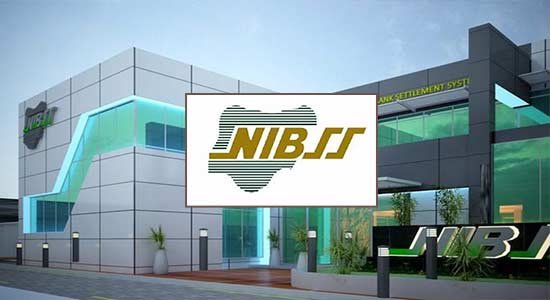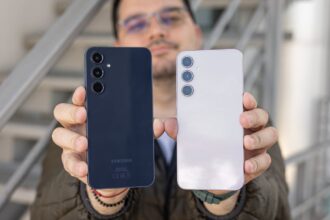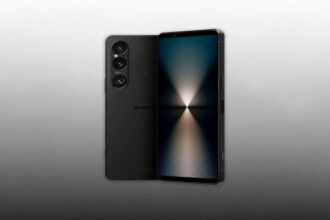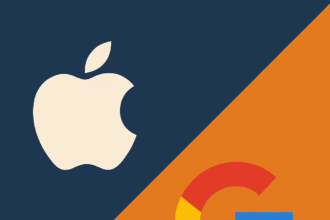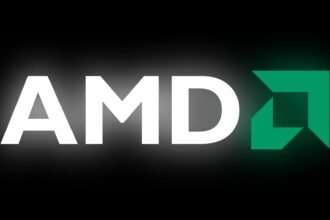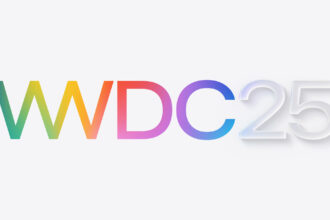The Nigeria Inter-Bank Settlement System (NIBSS), the country’s largest payment switch, is doubling down on QR codes as a viable alternative to cash for small-value transactions. After improving its Nigeria Quick Response (NQR) payment platform, NIBSS is now focusing on driving adoption through partnerships, enhanced security, and innovative tools like soundboxes.
At a recent press conference, NIBSS engineers highlighted key upgrades to the NQR platform, including faster transaction speeds by eliminating separate fee queries and stronger authentication measures to improve security. These improvements aim to make QR code payments more seamless and secure for users.
To test the viability of QR payments, NIBSS partnered with the Lagos State government to accept bill payments via QR codes. The initiative saw significant success, with over 750,000 bills paid using QR codes in the first week of deployment. Additionally, NIBSS has developed a USSD product for feature phone users, ensuring broader accessibility.
QR codes offer several advantages over traditional cash transactions. They are inexpensive to set up, fast, and allow for instant reversals. Users can only make payments by scanning QR codes with their bank apps, adding an extra layer of security. Globally, QR code payment transactions are projected to grow by 50% over the next four years, reaching $8 trillion by 2029, according to Juniper Research.
Driving Adoption Through Partnerships
NIBSS has partnered with banks like Sterling Bank, United Bank for Africa (UBA), and Providus Bank to boost QR code adoption. For instance, First Bank integrated QR payments into the homepage of its mobile app, leading to a noticeable spike in usage. “We saw a spike in usage the moment we placed NQR on the landing page,” a First Bank representative told TechCabal. “It’s an example of how thoughtful user interface decisions can supercharge adoption.”
Sterling Bank has taken a different approach by developing a self-onboarding app for merchants. This app allows merchants to register, generate QR codes, and print stickers instantly, mirroring Alipay’s early expansion strategy in China.
Addressing Merchant Concerns
One of the biggest challenges for merchants using digital payments is confirming successful transactions. To tackle this, Providus Bank has introduced receipt printing for QR transactions, while NIBSS is developing the NQR Soundbox—a device that provides audio notifications for successful payments.
The soundbox demonstrated to TechCabal, is loud enough to cover a 50-meter distance and can announce transactions in English. It also stores transaction logs, enabling merchants to reconcile payments at the end of the day. This innovation draws inspiration from India, where soundboxes have driven digital adoption among small businesses. For example, Indian fintech Paytm generated $150 million in Q3 2023 alone from soundbox subscriptions, with 6.8 million devices deployed.
The Road Ahead
The success of QR payments in Nigeria will depend on how effectively merchants can accept payments in a safer, faster, and more transparent manner. By addressing key pain points and leveraging partnerships, NIBSS aims to create a network effect that drives widespread adoption.
As QR codes gain traction, they could transform Nigeria’s payment landscape, offering a cashless alternative that benefits both consumers and merchants. With innovative solutions like soundboxes and strategic collaborations, NIBSS is positioning itself at the forefront of this digital revolution.

